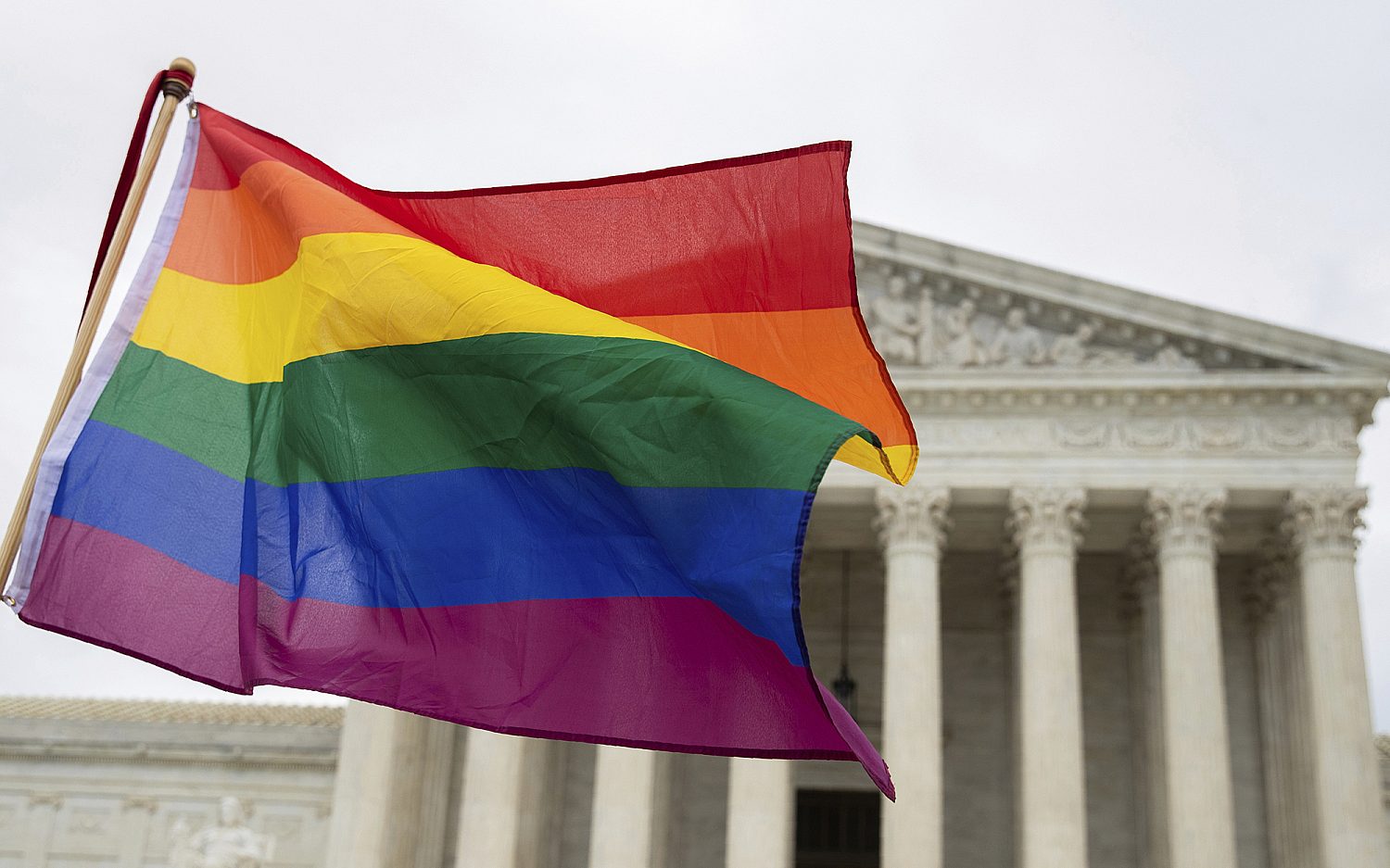Military rape case could hinge on reporters' rights
Attorneys for the U.S. Navy and a Naval Academy midshipman are wrangling over reporters’ rights in a rape case in which only one of three original defendants still faces charges.
Attorneys for midshipman Joshua Tate want the presiding military judge, Col. Daniel Daugherty, to force CNN and CBS to hand over interview footage of the alleged victim for a court martial scheduled to begin in March. The woman accusing Tate of rape, a fellow Naval Academy student, has said she was too drunk to remember what happened in April 2012 at an off-campus party. But in the days after, she heard from fellow students and noticed comments on social media implying she had sex with three midshipmen.
Charges against two of the midshipmen have been dropped.
The alleged victim gave interviews last summer to Christiane Amanpour for CNN and Anderson Cooper for 60 Minutes. CNN lawyer Daniel Shanahan wrote in a court filing that Amanpour’s interview lasted 21 minutes, of which about seven minutes aired. Cooper’s interview lasted 34 minutes, and approximately four minutes aired.
Tate’s attorneys say unaired portions of the interviews—in which the identity of the alleged victim is concealed—are important for his court martial preparation. Attorneys for the media networks say the First Amendment protects reporters from handing over material gathered as part of the reporting process.
Most states and federal courts grant journalists privileges associated with First Amendment rights of a free press, including the ability to deny handing over to a court material gathered while reporting. But in a 2009 case, a Navy appeals court ruled that CBS would have to turn over to military prosecutors unaired portions of a 60 Minutes interview with a Marine facing court martial at the time.
University of South Carolina law professor Colin Miller wrote that year that military judges would likely respect so-called “reporter’s privilege” in cases of confidential sources. “Reading between the lines of the opinion, though, it seems clear that the identified controversy is not over whether a reporter’s privilege exists but over whether it applies to non-confidential sources … ,” Miller wrote. “Thus, given a case with a confidential source, I would expect the military courts to recognize a reporter’s privilege.”
But the sources interviewed in the 2009 case weren’t confidential, which matches the circumstance of the case against Tate. Attorneys for both CBS and CNN conceded last week that the judge in the Naval Academy case is bound by the 2009 ruling but also said they think the 2009 ruling was wrong.
The hearing has garnered national attention amid other military sexual assault scandals and rising numbers of reported assaults. The U.S. Department of Defense, service members reported 3,374 sexual assaults in 2012, a record high and a six percent increase from 2011.
The Associated Press contributed to this report.
An actual newsletter worth subscribing to instead of just a collection of links. —Adam
Sign up to receive The Sift email newsletter each weekday morning for the latest headlines from WORLD’s breaking news team.





Please wait while we load the latest comments...
Comments
Please register, subscribe, or log in to comment on this article.